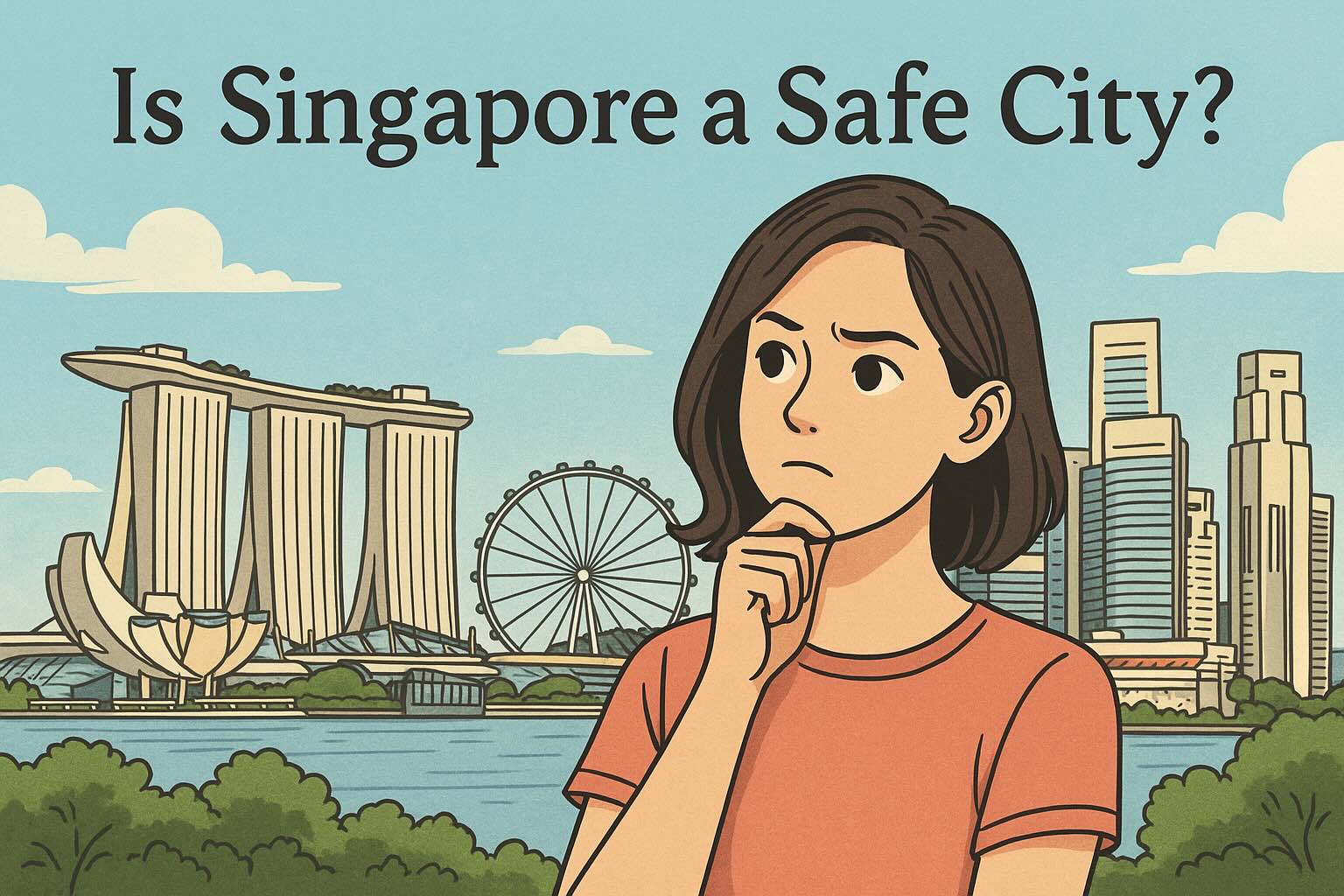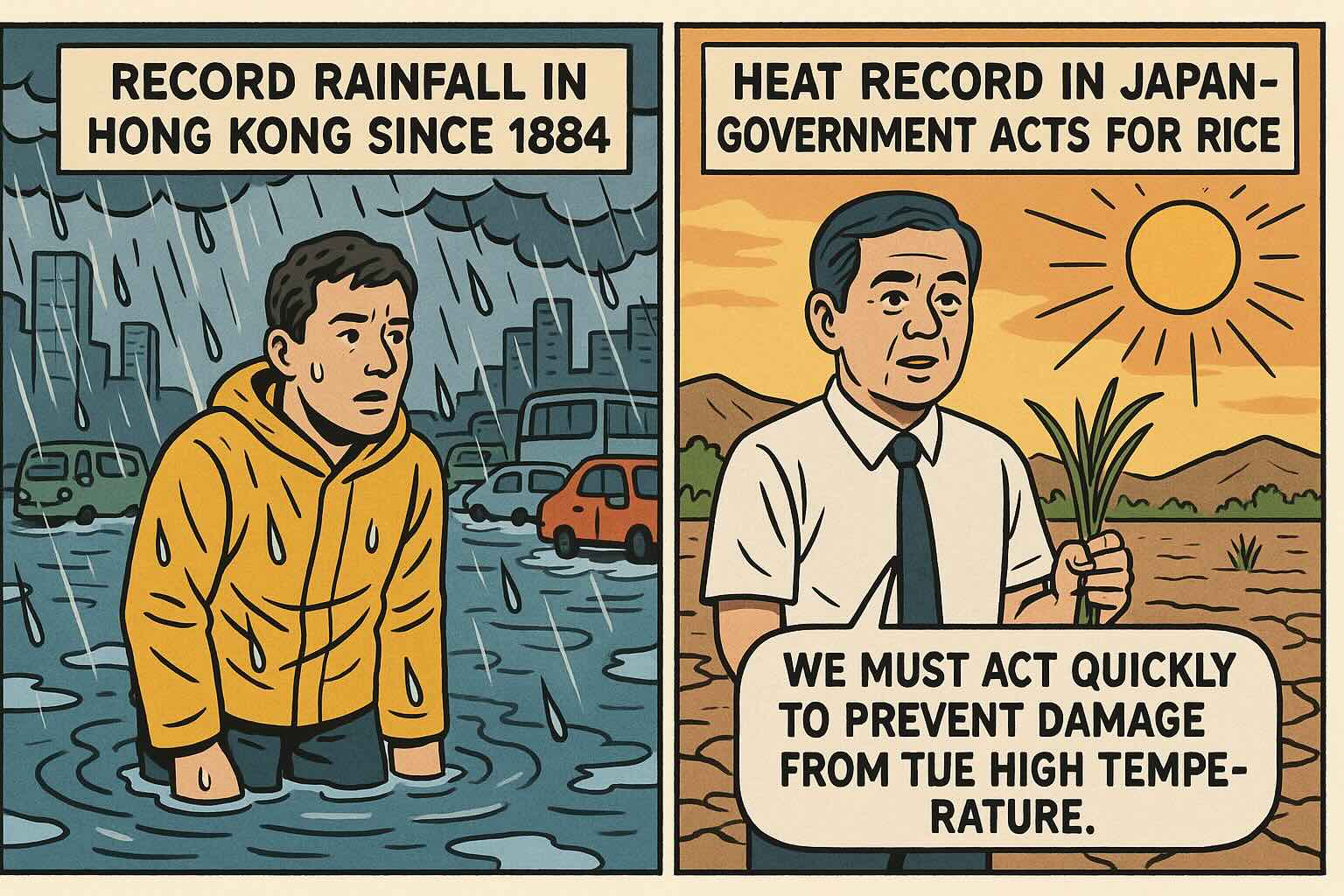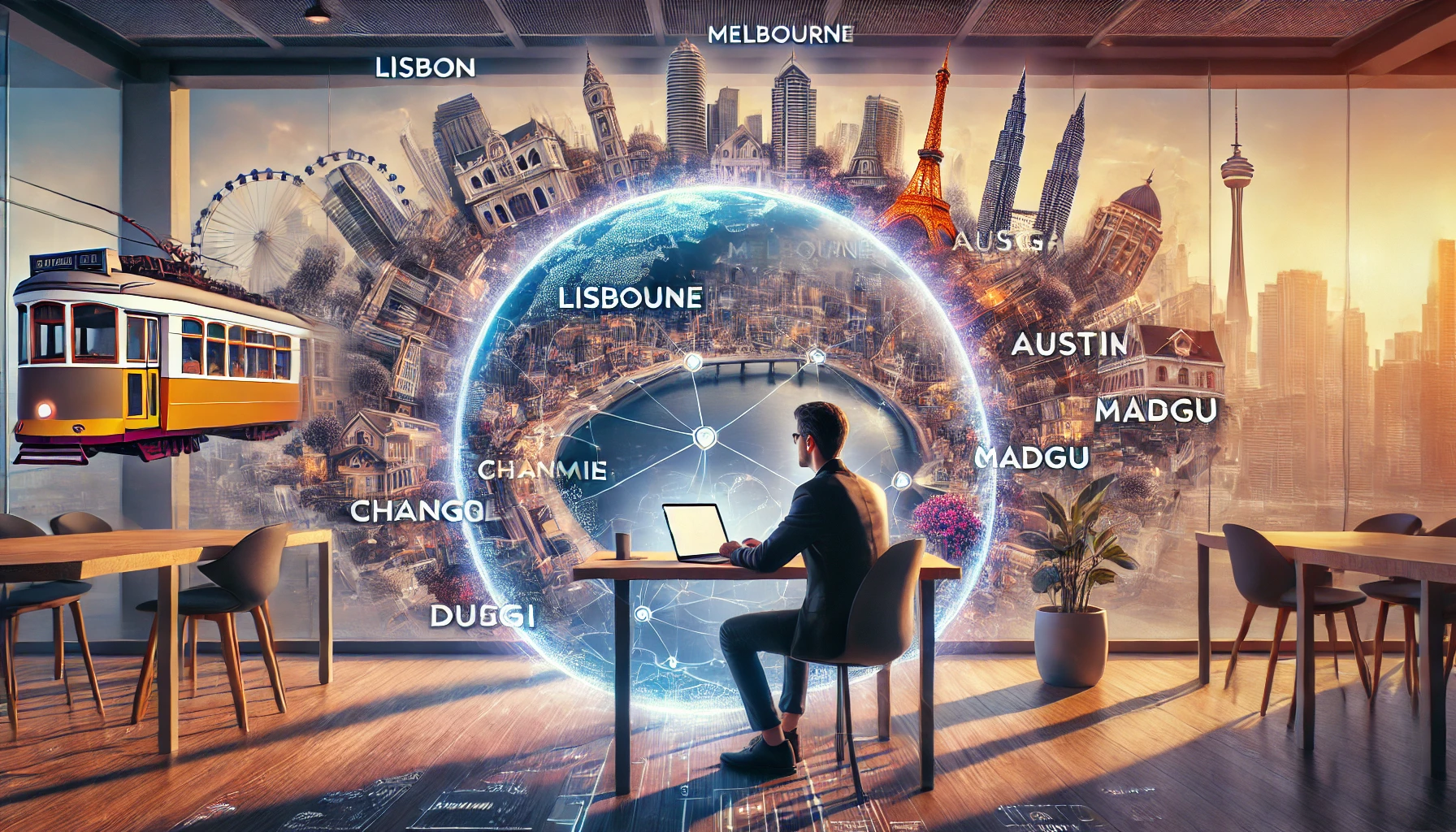
Introduction
Singapore is often described as one of the safest cities in the world and for good reason. With its clean streets, strict laws, and world-renowned efficiency, it’s long been held up as a model of urban safety and order. But in a rapidly changing world, is Singapore still as safe as it seems in 2025? This article looks at how Singapore maintains its high safety standards, what risks (if any) exist today, and what both residents and visitors should know to stay secure.
Extremely Low Crime Rate:
Violent crime is rare. Petty crimes like theft and vandalism are heavily penalised and uncommon. Most locals feel comfortable walking alone at night.
Clean, Controlled Public Spaces:
Thanks to strict regulations on littering, smoking, and even chewing gum, Singapore’s streets, parks, and transport hubs are exceptionally clean and orderly.
Highly Visible Policing:
The Singapore Police Force is professional, well equipped, and present throughout the city. Security cameras are widely used and help deter crime.
Safe and Reliable Public Transport:
Trains, buses and taxis are punctual, clean and secure. Even late-night rides are considered safe by global standards.
Efficient Emergency Response:
Medical services and police response times are among the fastest in Asia. Public confidence in institutions is high.
While very safe overall, no city is perfect:
Strict Laws Can Surprise Visitors:
What feels normal elsewhere might be illegal in Singapore for example, jaywalking, eating on public transport, or forgetting to flush a toilet in public restrooms.
Scams and Cybercrime:
There has been a rise in digital fraud, phone scams, and phishing attempts, especially targeting older residents and tourists.
Personal Privacy vs Surveillance:
The extensive use of public CCTV and tight law enforcement may feel intrusive to some, especially visitors not used to that level of monitoring.
Natural Hazards:
While rare, Singapore’s tropical climate can bring flash floods and extreme heat, which may pose a risk to vulnerable groups.
There are no truly dangerous areas in Singapore, but:
Geylang (late at night):
Why to Avoid: Known for legal red light activity and late night crowds. Not unsafe, but less family friendly after dark.
Industrial Areas (Tuas, Jurong Port):
Why to Avoid: Isolated and quiet at night. No specific risk, just not ideal for casual walking or tourists unfamiliar with the area.
Certain nightlife zones (e.g., Clarke Quay at 2am):
Why to Avoid: Occasional drunk behaviour and minor disturbances, though police are usually present.
Know the Laws: Even minor offences carry heavy fines. Check the rules before you go.
Stay Alert for Scams: Especially online or by SMS. The government regularly posts public alerts.
Use Public Transport with Confidence: It’s safe, clean and extremely well-run.
Stay Hydrated: Singapore is humid year round. Always carry water, especially during the day.
Respect Local Customs: Be mindful of public conduct, dress appropriately in temples, and avoid loud confrontations.
Multicultural Respect:
Singapore is home to Chinese, Malay, Indian and international communities. Respect for religious and cultural differences is expected and valued.
Emergency Contacts:
Police: 999
Ambulance & Fire: 995
General emergency line: 112 (from mobile)
Most locals speak English, so communication is rarely an issue.
Singapore remains one of the world’s safest and most organised cities in 2025. While no place is without its issues, crime here is minimal, systems are efficient, and public life is calm and predictable. With some basic awareness and respect for local rules, Singapore offers a peaceful, clean and incredibly secure experience for both residents and visitors alike.
Author
Sammy Salmela is a contributor to BestCityIndex with expertise in urban development and global city trends.
Stay updated with our latest insights and city rankings.

Introduction:The aroma of aged wheels, bubbling fondue, and freshly baked bread for cheese lovers, Europe is a true paradise. Here are five cities where cheese...

Date: 5 August 2025Source: AFP, Reuters, Local Weather AuthoritiesReading Time: 3 minutesIntroductionIn just one week, Asia has faced two stark climate...

Moving to Europe: Pros and Cons by Country for Work, Retirement, Education & Lifestyle Part 1.Moving from the United States to Europe is an exciting...

